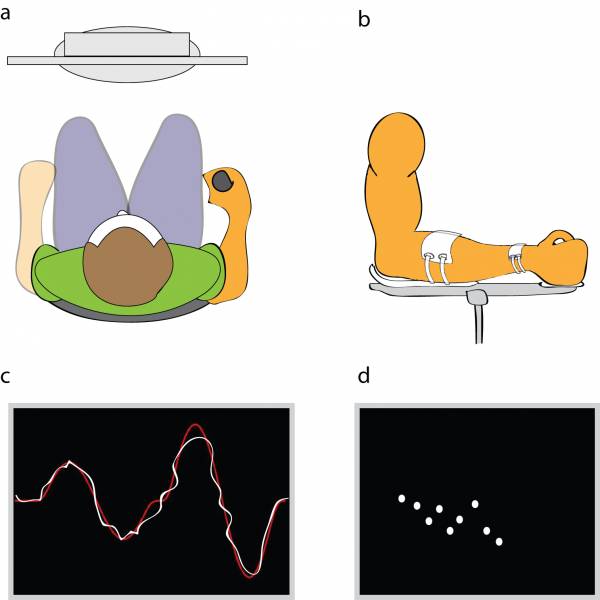Everyone knows that exercise has a positive effect on health. Most people associate those benefits with the physical side of things. There is evidence, however, that exercise can also improve brain function. A recent study conducted at the University of Copenhagen investigated if a single bout of exercise can improve motor memory and motor skill learning.
The study consisted of 48 young subjects who were randomly placed into 3 groups: a PRE group (exercise before motor practice), a POST group (exercise after motor practice), and rest group (the control). Each group practiced a visuomotor accuracy-tracking task (AT) either before or after an intense bout of cycling or after rest. Motor skill acquisition was assessed for each subject during practice and retention of those skills was measured 1 hour, 24 hours, and 7 days after practice.1
On their first day subjects performed 10 trials of the AT to measure their baseline performance. After the baseline measurements were taken, the rest group members rested in bed for 20 minutes, whereas subjects in the PRE group completed a rigorous 20-minute cycling exercise protocol. After the resting period (control) or the performance of the exercise bout subjects practiced the AT.2
The POST group practiced the AT first then performed 20 minutes of intense cycling. After practice, the control and PRE group subjects were placed in a hospital bed to rest for 1 hour. The POST group had a 40 minute rest period, which resulted in 1 hour of rest since it took place at the end of practice and the first test of motor skills retention. Each subject was not allowed to listen to music nor sleep during the rest period.3
To evaluate the impact of exercise on the short-term retention of the motor skill, a retention test of the AT was performed after the rest period. The impact of exercise on the long-term retention was assessed with a retention test of 24 hours and 7 days after practicing the AT.4
 Just what was the AT? The AT was a test performed by each subject, while sitting in front of two computer screens, with a device in their right hand. The main screen displayed a target consisting of a fixed double sine wave curve that the subject had to track with the device they were holding. The second screen displayed visual feedback by showing a series of white dots in a coordinate axis.5
Just what was the AT? The AT was a test performed by each subject, while sitting in front of two computer screens, with a device in their right hand. The main screen displayed a target consisting of a fixed double sine wave curve that the subject had to track with the device they were holding. The second screen displayed visual feedback by showing a series of white dots in a coordinate axis.5
The results of the study did not show any significant differences in the rate of motor skill acquisition. However, both groups that performed exercise showed a significantly better retention of the motor skill 24 hours and 7 days after practice. Compared to the subjects who exercised before practice, the subjects who exercised afterwards showed a better retention of the motor skill 7 days after practice.6
What these findings indicate is that one bout of intense exercise performed immediately before or after practicing a motor task is sufficient to improve the long-term retention of a motor skill. The positive effect of exercise on motor memory is further increased when it is performed immediately after practice, which is during the early stages of memory consolidation.
Can you relate this information to your workouts? How could this information be useful in helping you become a better athlete?
Photo courtesy of Shutterstock.






